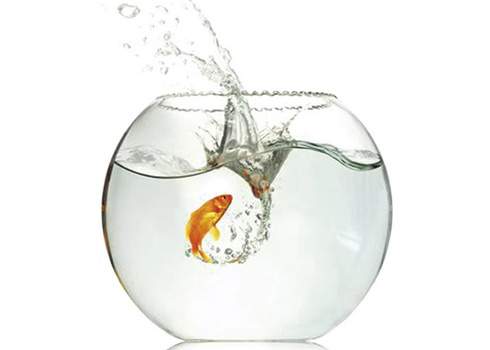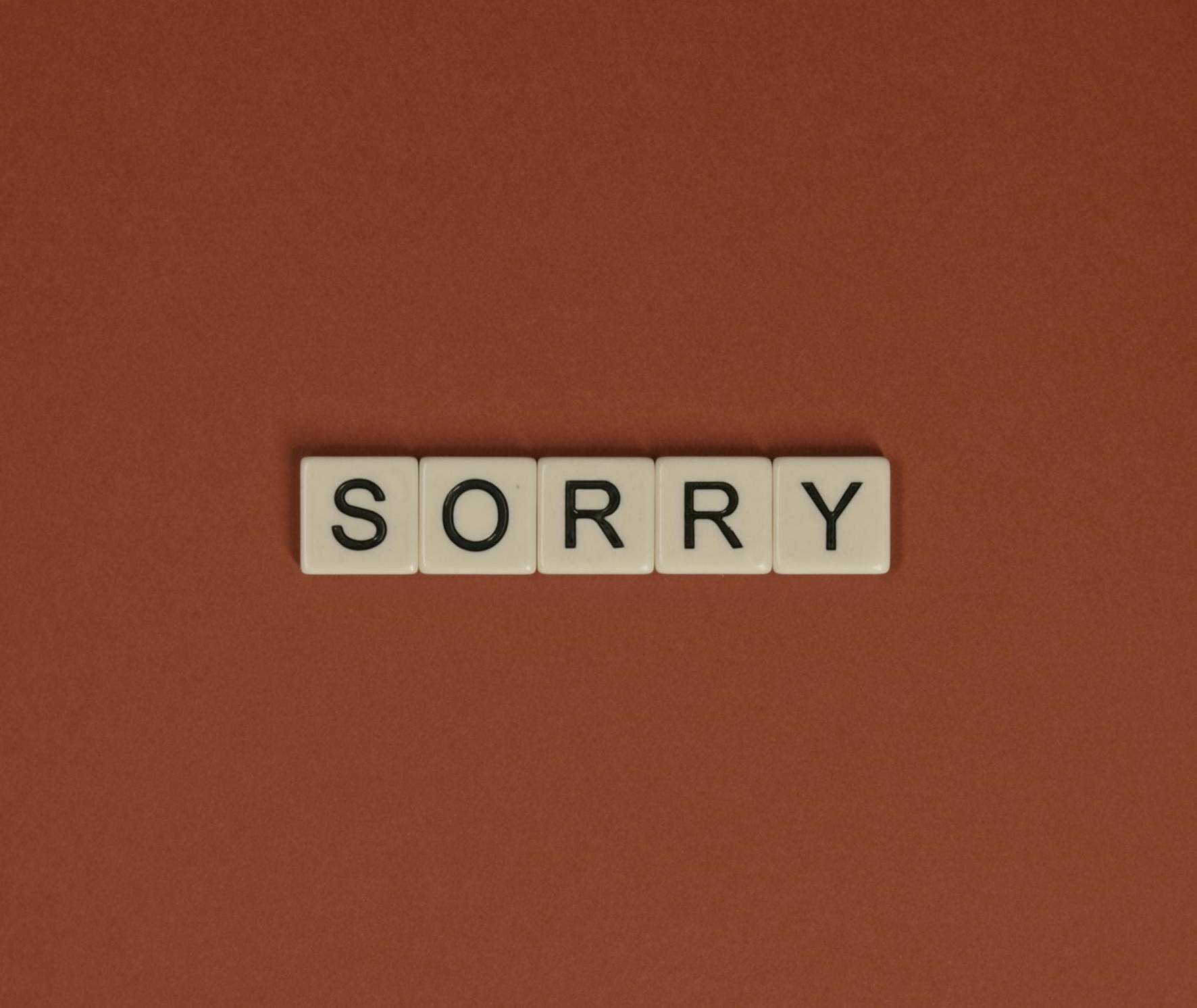Life is attention, and what we are attending to determines to a great extent how we experience the world. We are usually focused on ourselves—our problems, desires, fears. We move through life half awake and ruminating, imagining. The detail of each day takes place in front of us, moment by precious moment. How much are we missing? Almost everything.
What was the first thing you did this morning after getting out of bed? What items are sitting on the kitchen counter? Who was the last person you spoke to? Can you recall her words? What was that person wearing? Describe what you did yesterday from the time you woke up until you went to bed in the order in which it happened. A trained improviser could probably answer all of these questions. Can you?
Try This:
How good is your attention? Please keep your eyes on this paragraph and keep reading until you come to the instruction “Close your eyes.” Once your eyes are shut, describe in as much detail as you can the immediate environment. Don’t cheat by glancing around now or studying the room with the assignment in mind. When your eyes are closed, point to specific objects in the room. Describe the colors, shapes, and the layout of the room; include as many details as you can remember. Continue with your eyes closed until you can’t think of anything else to report. When you have remembered all you can, open your eyes.
Now, close your eyes.
How did your description match reality? What obvious items did you overlook? What surprised you when you opened your eyes?
Look at your surroundings. Find three things you had not noticed before. Reality is rich in texture, color, and information. If you are good at observation, this exercise may help you see more of the detail. If you failed to notice very much, this exercise can stimulate you to observe more carefully.
Were you wrong about some things? “I thought the clock was over the sofa”; “I could have sworn the carpet was blue.” Perhaps your mind added details or created information about the room. Even this can be good news for the improviser—to discover that our minds often fill in the blanks where memory fails. You may want to do the exercise often, to see if your attention improves.
Excerpt adapted from Improv Wisdom: Don’t Prepare, Just Show Up by Patricia Ryan Madson, Bell Tower, 2005. Posted with permission.







